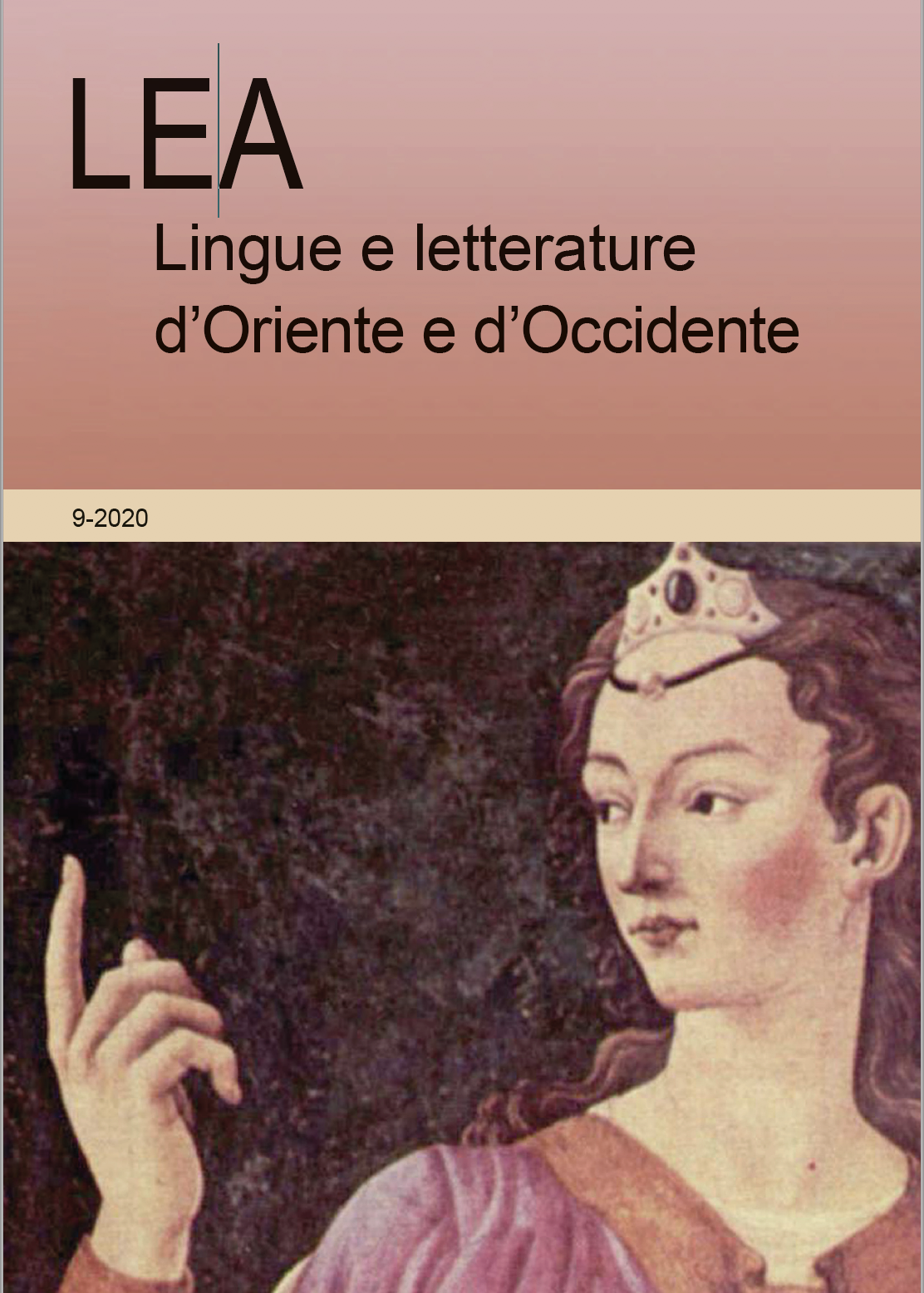Published 2020-12-31
Keywords
- Carnival, early modern France, literature, opera-ballet, Venice
Abstract
Between 1680 and 1710, the motif of the Carnival of Venice flowed into a vast number of French literary and artistic works – comedies, opera-ballets, letters, treatises and travel-books – that established it as a model of its type. This sudden emergence into the cultural landscape of early modern France is a consequence of an Italianist trend that this article considers in the light of a paradigmatic shift in the understanding of the notion of Carnival. During the period spanning from the 1660s ballets to the creation of the bal de l’Opéra in 1716, in a time of change in the festive practices of high society, the Venetian Carnival spread into French literature in a way that fostered the travel imaginary that was beginning to supplant the republican myth of Venice.



